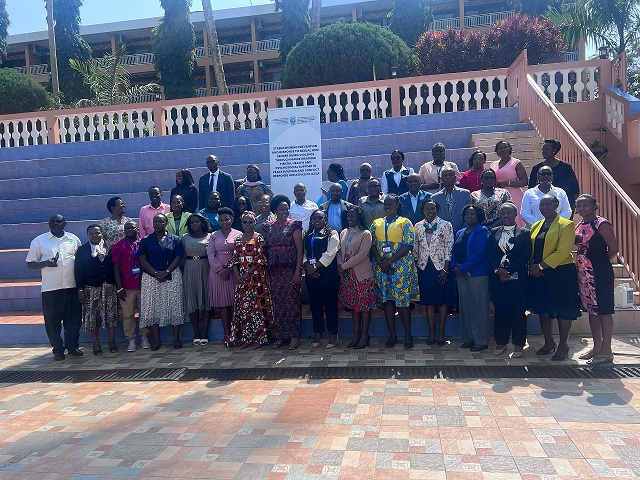
A cross-section of stakeholders from government agencies, civil society, mental health professionals, and community leaders have come together in a joint effort to tackle the growing challenges of sexual and gender-based violence (SGBV) and its heavy toll on mental health.
The initiative, rolled out through a series of stakeholder trainings, seeks to equip participants with practical tools for preventing violence, supporting survivors, and promoting mental wellbeing. The programme emphasizes a multi-sectoral response, recognizing that SGBV is not just a justice issue but a public health and community resilience concern.
According to facilitators, the sessions are designed to help participants: Understand the root causes and risk factors driving SGBV, Share effective practices for supporting survivors through trauma-informed care, Explore mental health interventions that reduce stigma and promote healing, Build stronger collaboration frameworks among actors working at both national and community levels.
Speaking during the launch, organisers underscored that addressing SGBV without tackling mental health leaves survivors without a complete path to recovery. Survivors often face depression, anxiety, and long-term trauma, which require both psychosocial support and structural protection.
Stakeholders also highlighted the need for sustained awareness campaigns, investment in safe spaces, and policy reforms that align justice, health, and social protection systems.
By bringing different actors to the table, the campaign reflects a growing recognition that ending gender-based violence requires collective effort. Just as importantly, it champions the idea that healing and resilience cannot be achieved without giving mental health the attention it deserves.
As Uganda continues to battle high rates of SGBV, this coordinated push represents a hopeful step towards safer communities and stronger support systems for survivors.